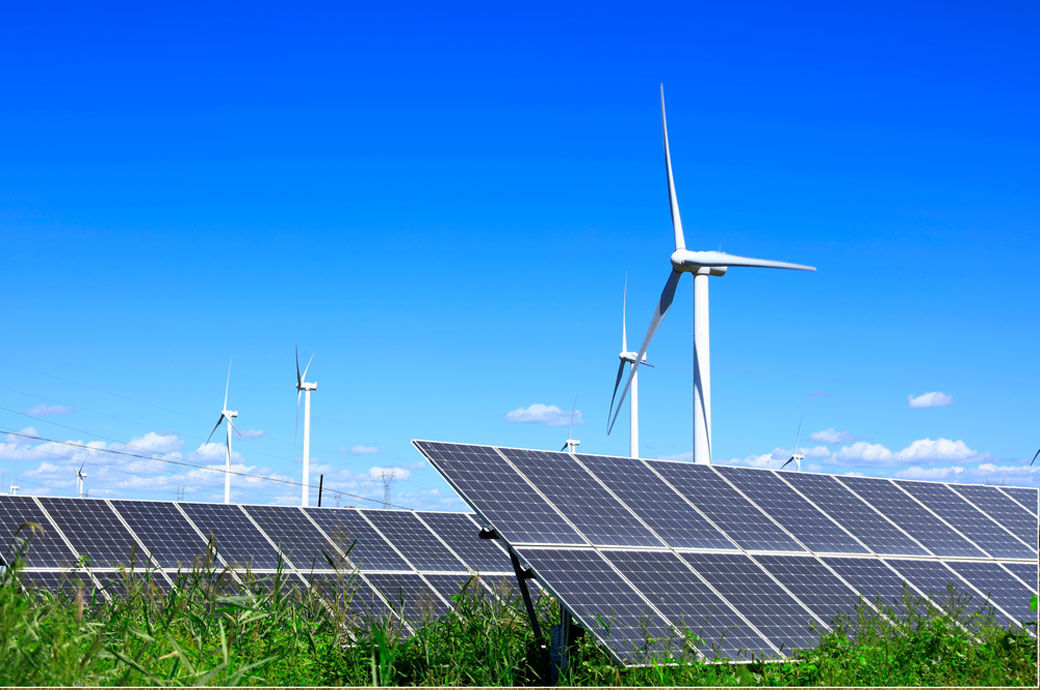European Parliament members back renewables in EU energy consumption

The Industry, Research, and Energy Committee (ITRE) of the European Parliament wants to speed up significantly the implementation of renewable energy as well as the decline of energy consumption by 2030, according to a European Parliament press release. The ITRE also insisted member states decide an indicative target for the innovative renewable energy technology of at least 5 per cent of the newly installed renewable energy capacity.
MEPs also urged for the simplification of the hydrogen ramp-up and increased the number of cross-border projects for the green electricity expansion to two projects per member state. Member states that have the highest annual electricity consumption will be required to undertake a third project by 2030.
Renewables deployment is expected to result in a 16 per cent reduction in greenhouse gas emissions via using higher shares of advanced biofuels and a larger share of renewable fuels of non-biological origins such as hydrogen.
Moreover, MEPs also supported the revision of the Energy Efficiency Directive (EED), the law that establishes the energy saving targets in both primary and final energy consumption in the EU, in a separate vote. As per the revised law, Member States should jointly carry out a reduction of at least 40 per cent by 2030 in final energy consumption and 42.5 per cent in primary energy consumption compared to 2007 projections. This is proportional to 740 and 960 million tonnes of oil equivalent (Mtoe) for final and primary energy consumption, respectively. Member States should also fix mandatory national contributions to meet these targets, which are to be achieved via measures at local, regional, national, and European levels in different sectors, the release added.
“Only the expansion of renewable energy means true independence,” said Markus Pieper, lead MEP on the renewable energy directive. “Our vote demonstrates strong support for the increased 2030 target of 45 per cent. At the same time, we confirm the need for more cross-border cooperation to expand renewable energy deployment and call for a diversified import strategy for hydrogen. We have also raised the requirements for the sustainability of biomass and fuels, while at the same time showing ways in which biogenic materials can make a real economic contribution to the energy transition.”
Fibre2Fashion News Desk (NB)
































-Ltd..jpg?tr=w-120,h-60,c-at_max,cm-pad_resize,bg-ffffff)





.jpg?tr=w-120,h-60,c-at_max,cm-pad_resize,bg-ffffff)
.jpg?tr=w-120,h-60,c-at_max,cm-pad_resize,bg-ffffff)






